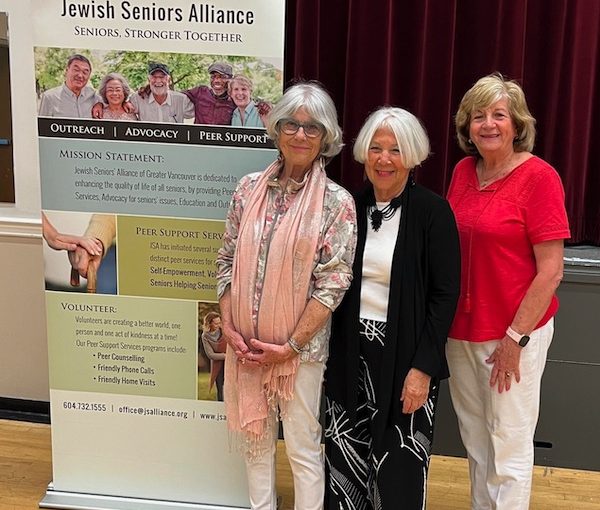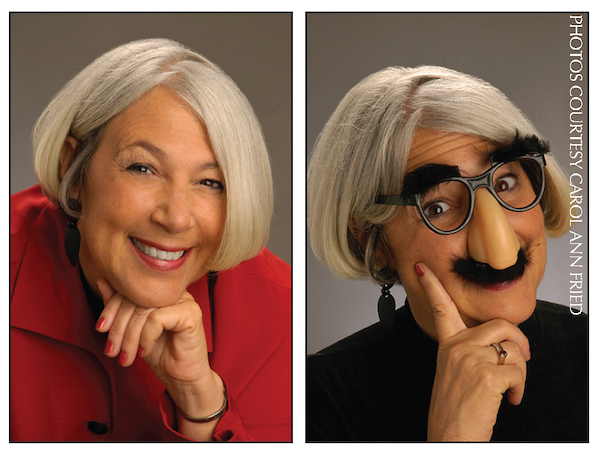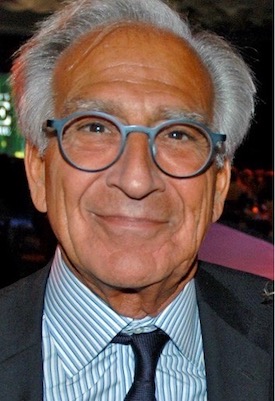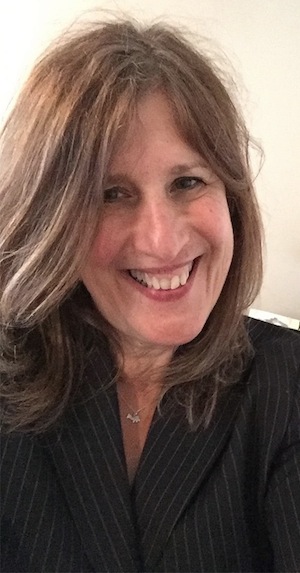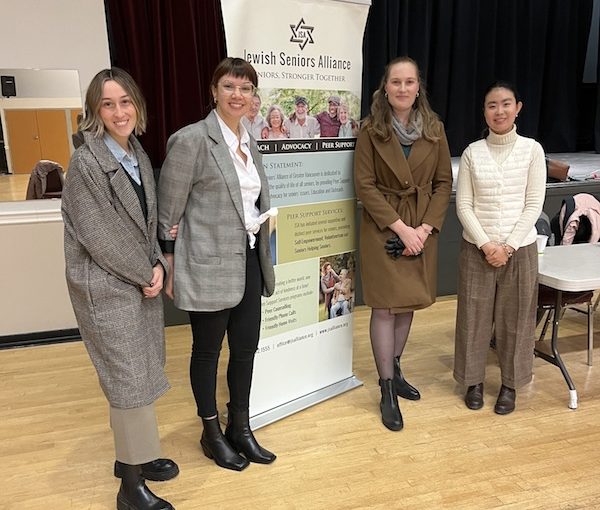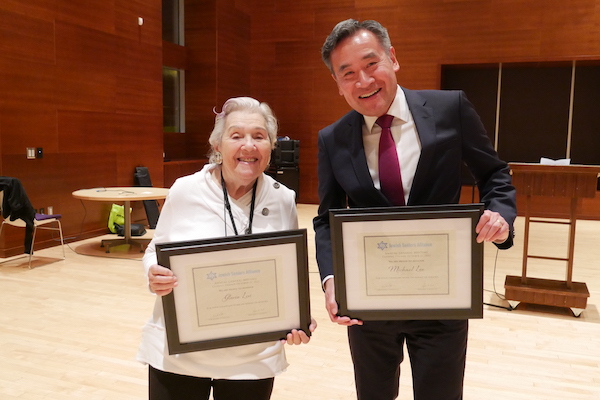A screenshot of Jeff Kushner’s July 2, 2020, interview with Carmel Tanaka for the B.C. Jewish Queer & Trans Oral History Project, which can be found on YouTube.
JQT (Jewish Queer and Trans) Vancouver has compiled a resource guide in an effort to address the needs and concerns of older LGBTQ+ Jews.
With the financial support of the B.C. Community Response Network, the Province of British Columbia and Jeff Kushner of Victoria, JQT produced the B.C. Jewish Queer and Trans Seniors Resource Guide, which was launched in April. The guide can be accessed at jqtvancouver.ca, along with a series of eight videos that cover the main points in each of its chapters. The guide is conceived as a “living document based on info collected in 2023,” and visitors to the website are asked to “help keep it relevant by completing the short 4-min survey at the end of this resource guide.”
“This resource guide is meant for older Jewish queer and/or trans people over the age of 55, as well as for those who are caring for them,” it states in the introduction. “We recognize the stigma associated with the term ‘senior’ and define it as ‘persons over the age of 55.’ We do not want to isolate anyone, as a lot of content collected in this resource guide may be relevant for Jewish queer and/or trans people of all ages.”
In explaining why the guide was created, the introduction says: “You may be worried or trying to figure out how to manage changing care needs, now or in the future, for yourself or for someone else. Many of you will likely choose to stay in your home well after you require healthcare support. In addition to what you don’t know, you may have come across misinformation that can get in your way. This guide has been developed to reduce fears by providing reliable, useful and current knowledge that can help to protect you from potential discrimination and abuse, allowing you to live out your days with dignity.”
The publication and videos are part of the JQT Seniors Initiative, which is described on the website as “a community response network of Jewish, LGBTQ+ and seniors healthcare organizations,” and many people contributed to the resource guide.
The story of the JQT Seniors Initiative can be traced to the early days of the pandemic, when JQT began conducting the B.C. Jewish Queer & Trans Oral History Project, which primarily interviewed older adults across the province. Elders in the community discussed their fears of having to go back into the closet and/or hide their identity upon becoming more dependent on the healthcare system, such as through assisted living and long-term care.
“This feedback from interviewees birthed the JQT Seniors Initiative,” said Carmel Tanaka, the founder and executive director of JQT Vancouver.
According to Tanaka, the oral history project further revealed that Jewish Family Services (Jewish Family Services Agency at the time) had directed a Jewish LGBT community needs assessment, called Twice Blessed, in 2004. The report, which had been in the possession of former JFSA counselor Jacqueline Walters on Salt Spring Island, had not been released.
“Following her interview for the project, Jacqueline mailed me the envelope, which thankfully arrived, and this birthed Twice Blessed 2.0: The Jewish LGBTQ2SIA+ Initiative in partnership with JFS – a 2022 community needs assessment that compared needs to the 2004 assessment,” said Tanaka.
Included in the recent survey were questions on seniors care, which continues to help identify needs. While the assessment was intended to focus on Metro Vancouver residents, JFS’s geographical mandate, people from across the province participated.
After its homepage, the seniors initiative page is the next most visited page on the JQT website, and its resource guide has the highest views across JQT’s social media platforms: Facebook, Instagram and YouTube.
“This was definitely, without a doubt, exactly what our community needed, for people of all ages, because dying can happen at any age,” Tanaka said. “Navigating friction between civic and Jewish law is also at the forefront of this resource guide, particularly around intermarriage, MAiD [medical assistance in dying] and LGBTQ+ inclusion of trans and non-binary bodies in Jewish burial practices.”
An example of the preparations that should be made in advance is appointing a trusted person to ensure that final wishes, such as not being “misgendered” by healthcare professionals or the chevra kadisha (Jewish burial society), take place.
“This resource guide is also helping to build a stronger JQT community, connecting pockets of folx on the periphery who are working on elements touched on in this guide, such as ‘queering’ chevra kadisha, so that we are not doing the work in silos,” Tanaka said.
Tanaka lauded the positive response from numerous organizations and community groups. “Older Jewish queer and trans folx are feeling seen and grateful that such a guide has been resourced and put together,” she said.
As for her personal involvement in the initiative, Tanaka explained, “My mom is a gerontologist and, from a young age, I knew the limitations of seniors homes. So, in a way, it’s not surprising that I would end up working towards more inclusion. Also, my background is in public health, emergency and disaster management, and the lack of support for older queer and trans seniors is an emergency.”
JQT Vancouver was started in 2018, becoming a nonprofit – incorporated as the Jewish Queer Trans Folx of Vancouver Society (dba “JQT Vancouver”) – in 2023. A current objective for JQT is to obtain charitable status to secure core funding for its operations. Since it began, it has been an all-volunteer organization that operates solely on donations and grants.
JQT offers inclusion training to local Jewish community organizations, as well as partners with organizations on various projects. “We’re already in partnership with JFS, and will be offering a staff training session to the JCC [Jewish Community Centre of Greater Vancouver] later this month,” said Tanaka by way of example.
For more information on the JQT Seniors Initiative, visit jqtvancouver.ca/jqt-seniors-initiative.
JQT will unveil the B.C. Jewish Queer & Trans Oral History Project in a hybrid celebration at the Zack Gallery on May 28, 1 p.m. The following day, the exhibit will be available online.
Sam Margolis has written for the Globe and Mail, the National Post, UPI and MSNBC. Jewish Independenteditor and publisher Cynthia Ramsay is on the JQT Vancouver board.

